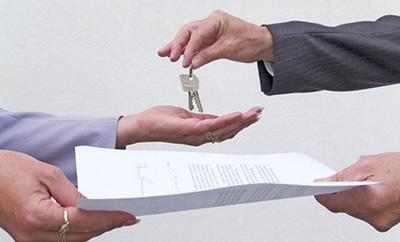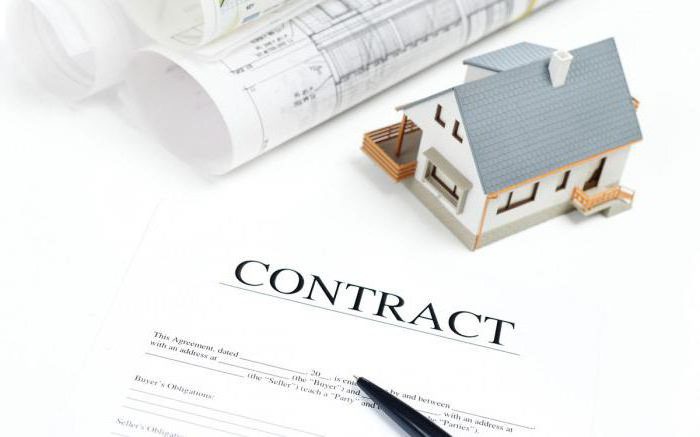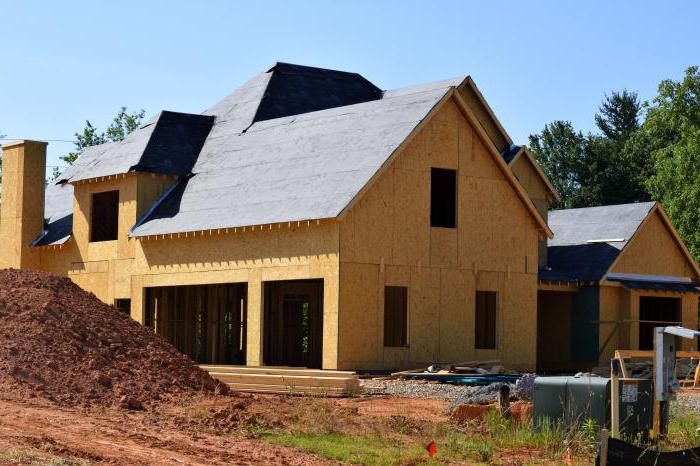The moment of the emergence of property rights plays a significant role in property turnover. It happens that the transaction does not end for reasons beyond the control of the parties or one of the parties refuses to participate in the execution. The question is not complicated, but it contains a lot of nuances.
The origins of the problem
The moment of the emergence of ownership is of considerable importance. It determines who has what rights to property and how to approach the protection of their rights.

In particular, liability for the safety of property, the risks of its destruction or damage are affected. The death of a person who did not manage to complete the transaction calls into question the fate of the contract and the rights of the heirs and the other party to the transaction.
Legislation
To understand the problem, you need to look at what is said in the Civil Code, the LC and the law "On Registration of Real Estate and Rights to It".
The listed legislative acts divide property into two categories:
- transferred without additional fixation by state authorities;
- the fact of transfer of property rights is subject to state registration.
Other regulations supplement the existing rules.
Agreement as a basis for transfer of rights
Agreement - an agreement of two or more persons, in this case involving the transfer of property rights from one person to another. For example, sale and purchase, barter, gift, assignment of rights and others.

The agreement must meet a number of requirements in order to serve as a source of ownership. It is about content and form.
Non-compliance with the law makes the transaction partially or completely disputable or even void, and inconsistency of the essential conditions makes it non-concluded. It returns the parties to the transaction to their original position or does not give rise to consequences for them at all.
Violations committed by the parties exclude the transfer of ownership.
The moment of occurrence of the ownership of the acquirer of property is directly related to the execution of the contract and depends on its legality.
The invalidity of the contract or the recognition of the transaction as non-concluded also means the illegality of the transfer of property. Along the way, the record of registration of the right is also canceled to make the court decision enforceable.
Ways to transfer property
First of all, the moment of the emergence of ownership is associated with the actual transfer of property. The law gives the parties to the transaction the right to determine a different moment of transfer by relating it to the fact of payment or other events of importance.
The absence of any transfer rules in the agreement enforces the rule of law.

The property is passed from hand to hand. A common example is the purchase of things in a store, which the buyer immediately takes with him.
The second method is the transfer of items to the post office or to the organization that deals with transportation.
Transfer Design
In general, the transfer of property is executed by an acceptance certificate. Other documents may also be used instead.
Design features are provided for in individual regulations, in particular, transport law. The transfer of cargo during transportation on ships is fixed by issuing a bill of lading. The specifics of the documentation are available on road and rail.

The approximate content of the act:
- name of parties (name of organization, name of representative, name of individuals - participants in the transaction);
- description of the item that is transmitted, its characteristics (quantity, volume, etc.);
- physical parameters of the room;
- comments on the subject of the transfer.
Mandatory signature of persons who transferred and accepted property, respectively.
The act is drawn up in a random order, unless there are instructions in the legislation on this matter. Now the forms approved by the statistical service are applied, but this is usually not necessary.
The act should reflect information on which transaction the transfer is made. The description of the shortcomings does not delay the moment of the emergence of the property right under the contract. But the transferor still has obligations. For example, eliminate existing deficiencies in the premises, shortage of transferred goods or their replacement with quality goods.
The act of transfer is drawn up during the transfer of both movable and immovable property.
The transfer of keys giving access to the warehouse where the goods are shipped is also considered the transfer of property. An acceptance certificate may not be drawn up between the parties; an inventory of the property is made by the owner of the warehouse receiving the property.
The absence of comments in the act deprives the buyer of the right to demand the elimination of defects or compensation. An exception is hidden flaws that have become apparent over time.
Registration of transfer of rights
The legislation obliges to register the transfer of rights to certain types of property. This concerns mainly real estate and facilities equated to it, in particular, sea and river vessels.

The law expressly states that the moment of the emergence of the right of ownership of immovable property is associated with its registration. It does not matter in connection with the conclusion of the contract or other grounds (acceptance of inheritance).
The registrar checks the legality of the transaction and the correctness of the paperwork, only checks of the transaction concluded by a notary are bypassed. Such contracts are registered automatically, it is only necessary to provide a set of relying documents.
The general procedure provides that all parties to the transaction participate in the registration, however, notarial transactions are allowed to be registered at the request of only one participant.
The moment of occurrence of the ownership right of the buyer is tied to registration, however, the actual execution of the transaction - transfer and acceptance of funds or execution in a different form - turn the registration into a formality.
If the transaction was not completed
Between the actual signing of the contract and registration of the transfer of rights, a significant period of time passes - at least a month. During this time, the seller or buyer may wish to refuse the transaction, or may die. How is the situation resolved?

In the provisions of the contract of sale, the buyer has the right to file a claim obliging the registration service to register the transaction. Why? The registration process is the official recognition by the state of the transaction.
The moment of occurrence of the right of ownership of real estate arises after the official procedure. In fact, the property was acquired, the second side received money for it. Therefore, it is fair to complete the procedure in the presence of the initial will.
On the basis of a court decision received by the plaintiff, the transfer of ownership is registered under a contract previously concluded by the parties.
In the explanations of the Armed Forces of the Russian Federation, it is noted that for unauthorized persons, the right of ownership arises from the moment a record of the owner appears in the register, if we are talking about property subject to registration.
Who is at risk of death or damage to property during the sale?
A considerable period of time may elapse between the payment of the goods and their actual transfer, and there is a risk of damage or loss of property. The issue is complicated if the goods were in the possession of a third party responsible for their transportation or transfer. Thus, the moment of occurrence of ownership and the risk of accidental loss are interrelated.

The answers to these questions are quite simple. All risks pass to the acquirer of the property from the moment of its transfer.
The contract or other rules may include transferring risks to the seller. The agreement places risks on the buyer from the moment of transfer. The buyer has the right to challenge this paragraph, proving that the seller knew or should have known that the goods were spoiled or completely unsuitable for use.
Risk of death or damage in the contract
The situation is different in the relationship between the contractor and the customer.
The risk of destruction of the material lies with the one who provided it. Responsibility for the object passes from the moment of signing the act of transfer. Acceptance of the result of work with delay leads to the fact that the consequences of the risk lie entirely with the customer.
If work is phased, disputes may arise. However, in general, everything that happens on a construction site is the area of responsibility of the contractor.
The execution of the contract in several stages complicates the proceedings. The court will have to find out exactly who is to blame for the incident. The reason may be the actions of the customer.
The right of ownership arises, as you know, from the moment of creation of the object, before that it is considered an object of unfinished construction. The law gives the right to register rights to it.